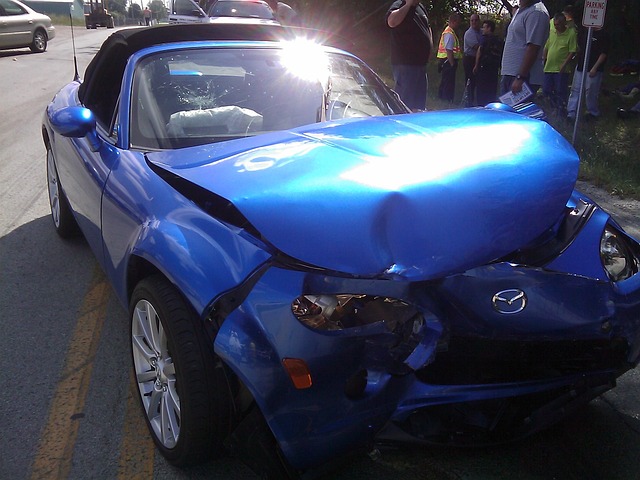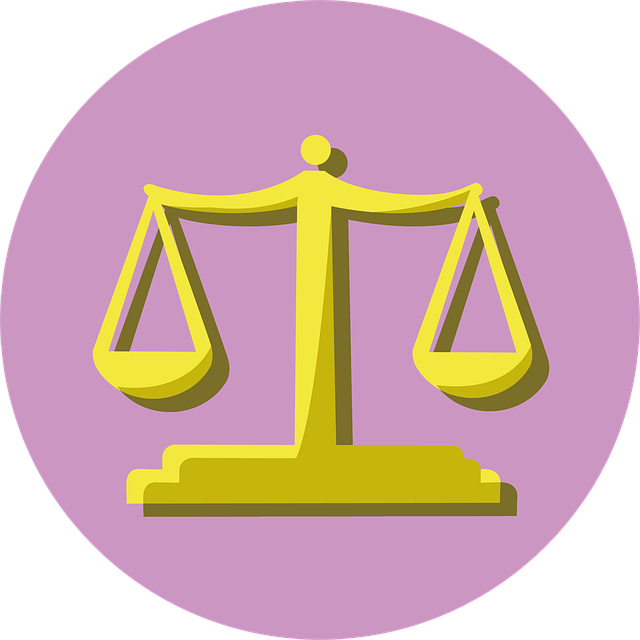Personal injury compensation is a legal right allowing individuals to seek financial redress for harm caused by another party's actions, with the goal of restoring them to their pre-accident state. Evaluating claims, especially for minor incidents, requires assessing injuries, establishing liability, and understanding daily life impacts. To navigate these claims effectively, injured parties should seek immediate medical attention, gather evidence, consult a legal professional, and maintain detailed records.
“Personal injury compensation for minor accidents: A comprehensive guide. While seemingly minor, these incidents can lead to significant physical and emotional distress, warranting fair compensation. This article delves into the legal intricacies of personal injury claims, offering a thorough understanding from a lawyer’s perspective. We explore key factors in evaluating such claims, providing essential guidelines for those involved. Furthermore, it navigates the process, enlightening individuals on their rights and crucial steps to take after a minor accident.”
- Understanding Personal Injury Compensation: A Legal Perspective
- Evaluating Minor Accident Claims: Factors and Guidelines
- Navigating the Process: Rights and Steps for Individuals Involved in Minor Accidents
Understanding Personal Injury Compensation: A Legal Perspective

Personal Injury Compensation from minor accidents is a legal right that allows individuals to seek financial redress for harm suffered due to another party’s negligence or intentional actions. In many jurisdictions, this forms part of tort law, which governs civil wrongs and their remedies. Understanding personal injury compensation involves grasping the concept of liability and damages.
When dealing with homeowner insurance claims or auto accident injuries, the legal system aims to restore individuals to their pre-accident state through monetary compensation. This can cover medical expenses related to treatment for physical injuries, as well as pain and suffering. The assessment of damages in personal injury claims is a nuanced process, taking into account factors like the severity of injuries, duration of recovery, loss of income, and impact on quality of life. Ensuring that individuals are fairly compensated for their experiences is at the heart of personal injury compensation principles.
Evaluating Minor Accident Claims: Factors and Guidelines

Evaluating minor accident claims requires a nuanced approach as these incidents often involve less severe injuries and lower monetary damages compared to more serious accidents. Several factors play a crucial role in determining the validity and value of a personal injury compensation claim for a seemingly minor incident. Firstly, the extent of the victim’s injuries is paramount. While some injuries might not be immediately apparent, such as soft tissue damage or whiplash, these can still significantly impact an individual’s quality of life and warrant careful consideration.
Other key considerations include liability, which establishes who is at fault for the accident, and the circumstances surrounding the incident. A car accident attorney may examine factors like negligence, breach of fiduciary duty (especially relevant in professional settings), or even elder abuse, where vulnerable individuals are concerned. Additionally, the impact on the victim’s ability to work, carry out daily tasks, or engage in hobbies can be powerful indicators when presenting a case for personal injury compensation.
Navigating the Process: Rights and Steps for Individuals Involved in Minor Accidents

Navigating the process of seeking personal injury compensation for minor accidents can seem daunting. However, understanding your rights and taking the right steps is crucial. Firstly, if involved in an auto accident or any incident causing injuries, ensure immediate medical attention. Documentation of all treatments and expenses is vital for supporting your claim.
Next, gather evidence from the scene, including photos of injuries, damages, and witness statements. Contacting a legal professional experienced in personal injury compensation can provide invaluable guidance. They will help you understand your rights, file an insurance claim, or even pursue legal action if necessary, especially in cases of caregiver negligence. Remember to keep detailed records of communications, notices, and any updates from your insurer.
Personal injury compensation for minor accidents is a crucial aspect of ensuring fairness and justice for all involved. By understanding the legal perspective, evaluating claims based on established guidelines, and navigating the process with knowledge of one’s rights, individuals can effectively manage their recovery after minor incidents. These steps foster a more efficient and equitable system for personal injury compensation, ultimately promoting safety and accountability in daily interactions.





